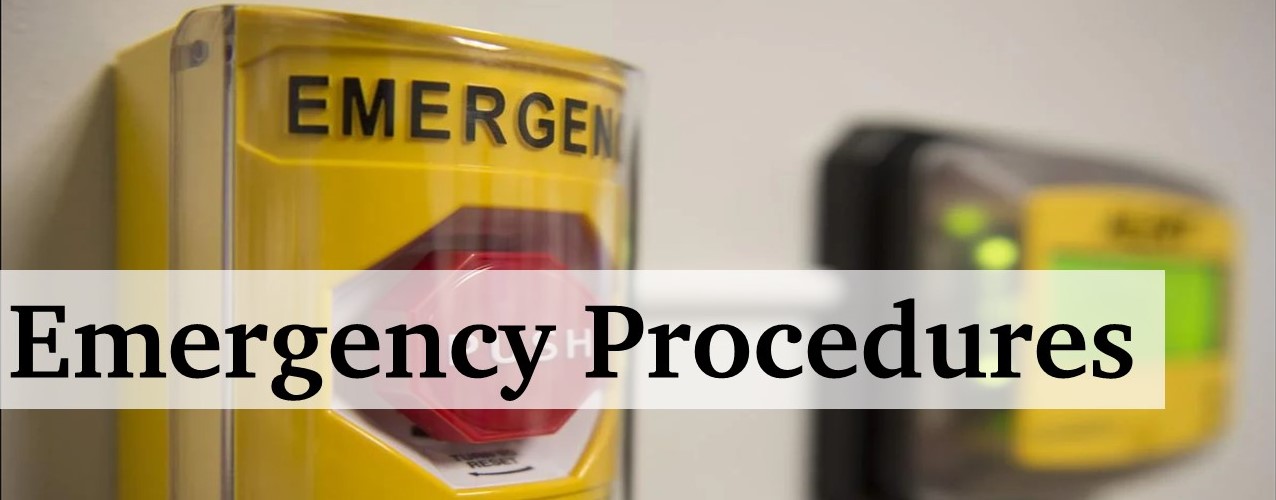
Support of the Safety-First culture at Texas Tech is directed by the Department of Environmental Health & Safety (EHS) which operates within the Office of Research & Innovation. Together with Office of Risk Management, TTU Police Department and TTU Fire Marshal, EHS works to instill the values of prevention, protection and preparedness in our campus community.
Safety is everyone's responsibility; all Red Raiders are instrumental in upholding a Safety-First culture for the campus community at large. Preparing for emergencies by knowing how to act and where to go is the best defense against any emergency.
Be Prepared
- Sign up for the Texas Tech University Emergency Alert System, TechAlert, to receive emergency notifications via email and phone. Keep your information current.
- Review the Emergency Action Plan (EAP) for the building(s) that you will frequent most during your study or job duties.
- Remain alert and aware of your surroundings and report anything suspicious to 911 and campus authorities.
Medical Emergency
Prepare for the medical emergencies through First Aid, CPR or Automated External Defribillator (AED) training offered by staff at Texas Tech Recreational Sports.
In the event of a medical emergency:
- Dial 911 and report the nature of the illness or injury and the location.
- Stay with the victim until help arrives if there is no immediate danger to yourself.
Fire
In the case of fire, activate the nearest fire alarm and proceed to the closest exit. Use stairs, not elevators. Meet at your Designated Outside Safety Meeting Area (DOSMA) as described in your building's EAP.
Remember you are never required to use a fire extinguisher but know they are located in every building and inspected by Texas Tech on a regular basis. Fire extinguisher use training is available from the TTU Fire Marshal's office upon request.
Severe Weather Safety
Flooding
In any severe weather situation, monitor local news and weather for updates. Flooding commonly occurs in the Lubbock area, sometimes resulting in flash flooding situations. Did you know that two feet of fast-moving water can move or lift a vehicle and only six inches of water is necessary to sweep you off your feet?
If flooding occurs, take the following precautions: 1) "Turn around, don't drown," 2) Move to higher ground and stay away from low-lying, flood-prone areas, and 3) Avoid traveling on flooded roads, especially at night.
If there is minor flooding in a building, do not enter the area and call the Physical Plant to report the location and nature of the leak.
Tornado
While rare, tornados can occur in our area. Locate your building shelter area before severe weather strikes. A Tornado Watch indicates that conditions are favorable for tornadic activity. A Tornado Warning indicates that conditions exist or that tornadic activity is present in a region. Texas Tech does have a campus siren system. If a tornado threatens the campus, sirens will sound; seek shelter immediately.
Important Phone Numbers
Emergency 911
Ambulance, Fire, Police
EHS 806-742-3876
EHS (after hours emergency) 806-742-4677
Non-emergency 806-742-3931
Maintenance Emergencies
806-742-4OPS (4677)
Environmental Health & Safety
-
Address
Texas Tech University, 407 Flint Ave, Lubbock, TX 79409 (Mail Stop 1090) -
Phone
806.742.3876 -
Email
safety@ttu.edu
